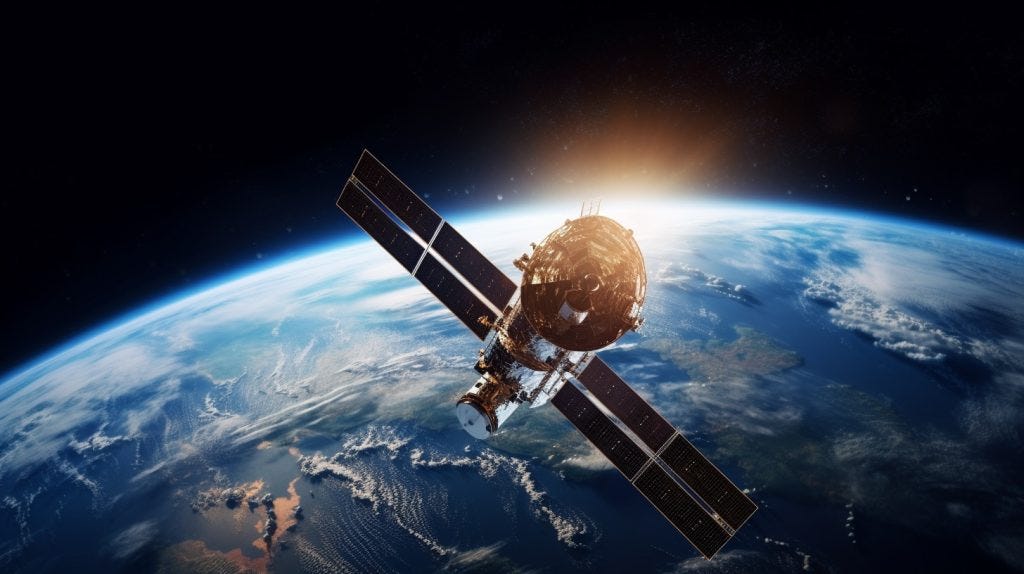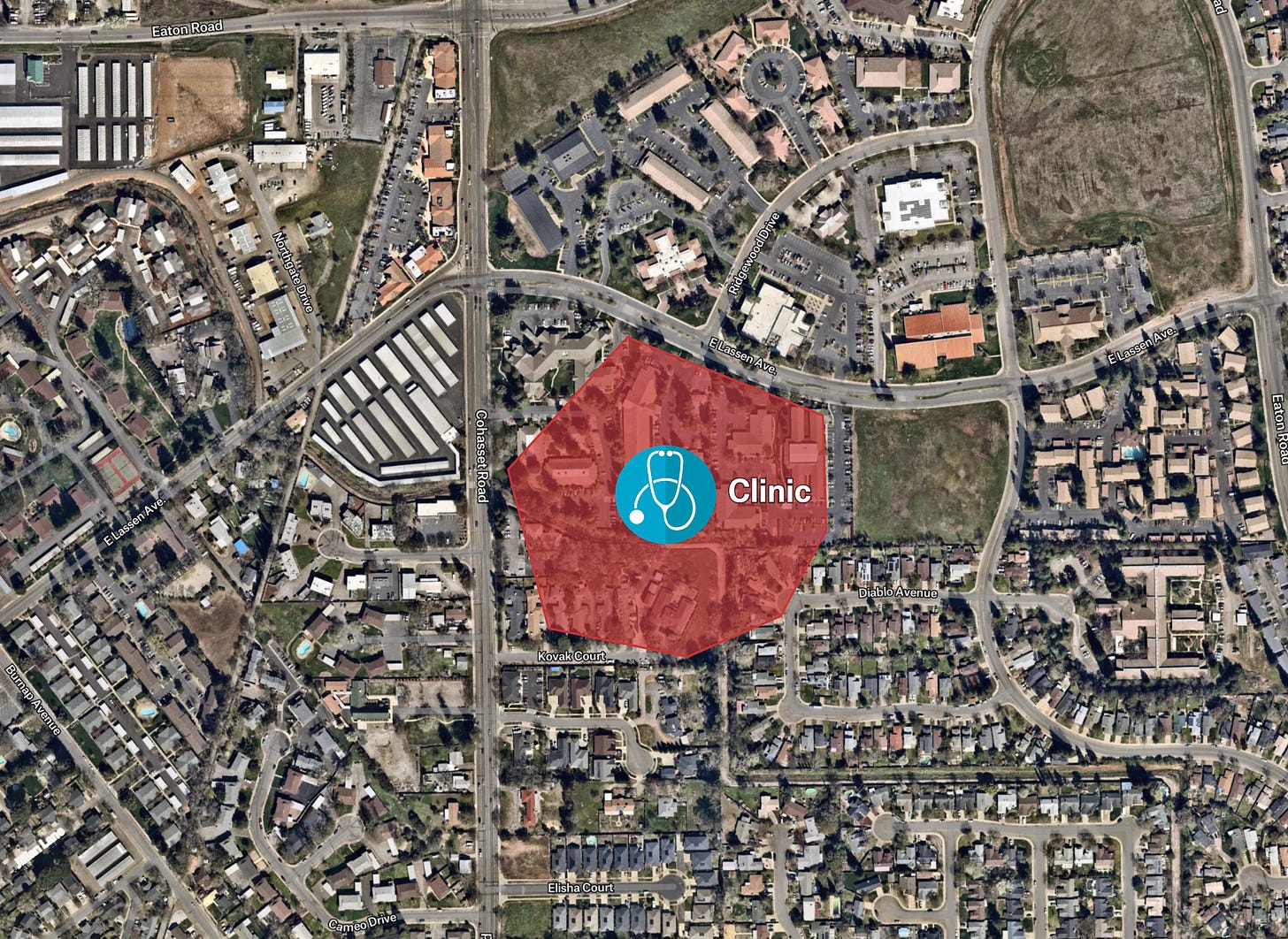Geospatial technology, when in the wrong hands, poses a significant threat. Governments, particularly defense and intelligence agencies, are key users of Geographic Information Systems (GIS), satellites, SAR, LiDAR, GPS, and other related technologies. Geospatial technology plays a crucial role for the USA and its allies, aiding in counterterrorism efforts, strategic planning, enemy surveillance, tracking suspicious activities, and detecting ground and aerial espionage.
However, it is disconcerting that the decision-making power regarding a critical geospatial technology now rests in the hands of a single individual, Elon Musk. It appears his political opinions are a factor in the US communication strategy for the Ukraine War. This raises concerns about the potential implications and impact on the utilization of this technology.
“While Mr. Musk is hailed as a genius innovator, he alone can decide to shut down Starlink internet access for a customer or country, and he has the ability to leverage sensitive information that the service gathers. Such concerns have been heightened because no companies or governments have come close to matching what he has built.”
New York Times Article
Musk employs geofencing to automatically disable communications in areas he considers inappropriate. Interestingly, he accomplishes this by utilizing SpaceX rockets, the majority of which were funded by the US government, meaning US taxpayers.
Starlink access also fluctuated depending on the movements of the war as Russia won territory and Ukraine fought to take it back. As the battle lines shifted, Mr. Musk used a process called geofencing to restrict where Starlink was available on the front lines. SpaceX uses location data gathered by its service to enforce geofencing limits.
New York Times Article
Protecting Consumers
Some denounce Elon's autocratic behavior, while others applaud it as a manifestation of capitalism in action. However, our fundamental right to utilize a purchased product in any lawful manner is at stake. I believe the majority would concur. Take, for instance, the widespread opposition to the potential ban of TikTok in the United States, despite evidence of the Chinese government's influence on the platform or the support for limited gun control. Strangely, there seemed to be little outcry when Elon boasted:
“Between, Tesla, Starlink & Twitter, I may have more real-time global economic data in one head than anyone ever,” he tweeted in April.
Why Geospatial Matters
With the advancements in geospatial technology and the Internet of Things (IoT), it is now possible for companies or individuals to remotely disable various products. This raises concerns about the potential misuse of this capability. If a product can be controlled from a computer, the manufacturer also possesses the ability to exercise control.
Below are potential scenarios:
Ford might disable F150 trucks from accessing certain locations, such as abortion clinics.
Kia could disable cars from driving to a MAGA rally.
Apple might disable iPhones at gatherings supporting Apple whistleblowers such as Ashley Gjøvik.
Google could potentially disable your thermostat during a heatwave if you attended a union rally as mobile phone companies can track your location and use that to target you.
These suggestions sound over the top! I agree and allowing Elon to decide the reach of communication during a war is exactly that. I am not suggesting that these companies would take such action. However, these scenarios are possible and may be legally permissible. The need for establishing regulations is clear, as it is unacceptable for companies and individuals to have unfettered rights to manipulate their products for malicious purposes or based on their political beliefs. It is crucial to implement safeguards that not only uphold these regulations but also offer protection for consumers.




Linda- Thanks for bringing this to light. Sometimes I wonder if Musk is just playing with the world like he would a toy globe. And I do sometimes wonder where that itch really started. Thanks for the enlightening article.